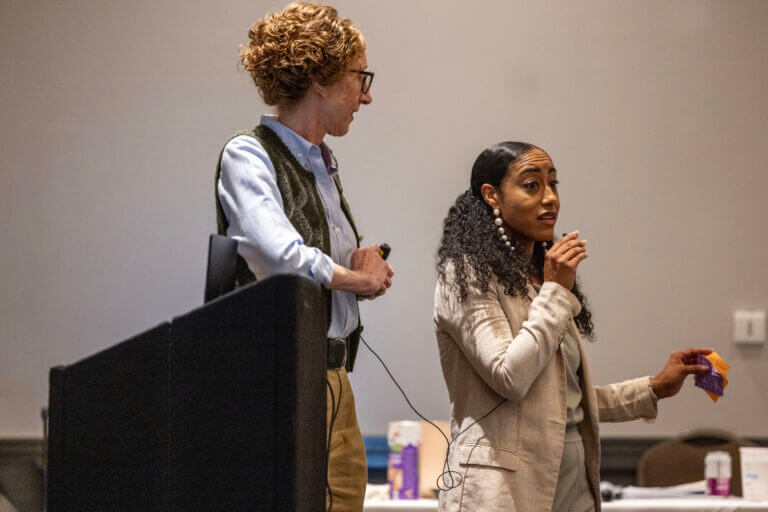
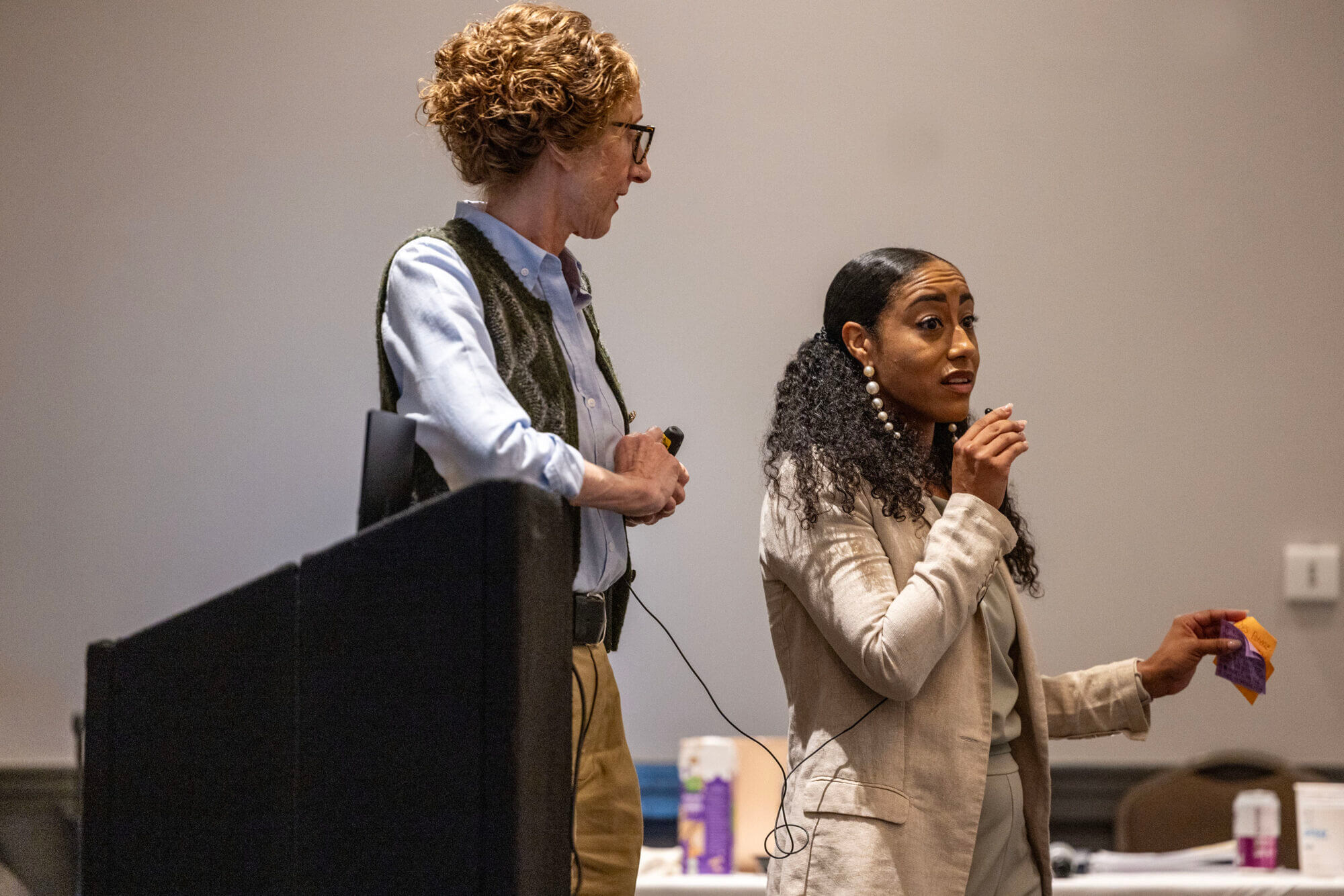
FLOWOOD – Questions of profound transformation during early motherhood – including changes in mind, body and sense of self – were the subject of discussions by more than 100 Mississippi health care professionals working to better serve the women they see every day.
The internationally established perinatal mental health training this week was free to participants because of a grant from the federal government and the collaboration of two Mississippi health groups.
The three-day course ran through Wednesday at Table 100 restaurant in the Jackson suburb of Flowood. On Monday and Tuesday, participants learned from Postpartum Support International educators how to spot important warning signs, understand lifesaving distinctions and get women and their partners connected to help they need during a time of significant and often misunderstood physical, emotional and identity shifts.
Enrollees included physicians, midwives, doulas, nurses, therapists, lactation consultants, social workers and pharmacists. Many said they have long been interested in learning how to better help the mothers they work with, but the cost of such a course would usually be prohibitive.
“It’s a very professional, well-respected program, so I’ve had it on my wish list and I’d already kind of started to budget it out and was planning on maybe eventually going to it in New Orleans. But then when I heard about this, I jumped on it,” said Bianca Wooden, a lactation consultant in Ocean Springs.
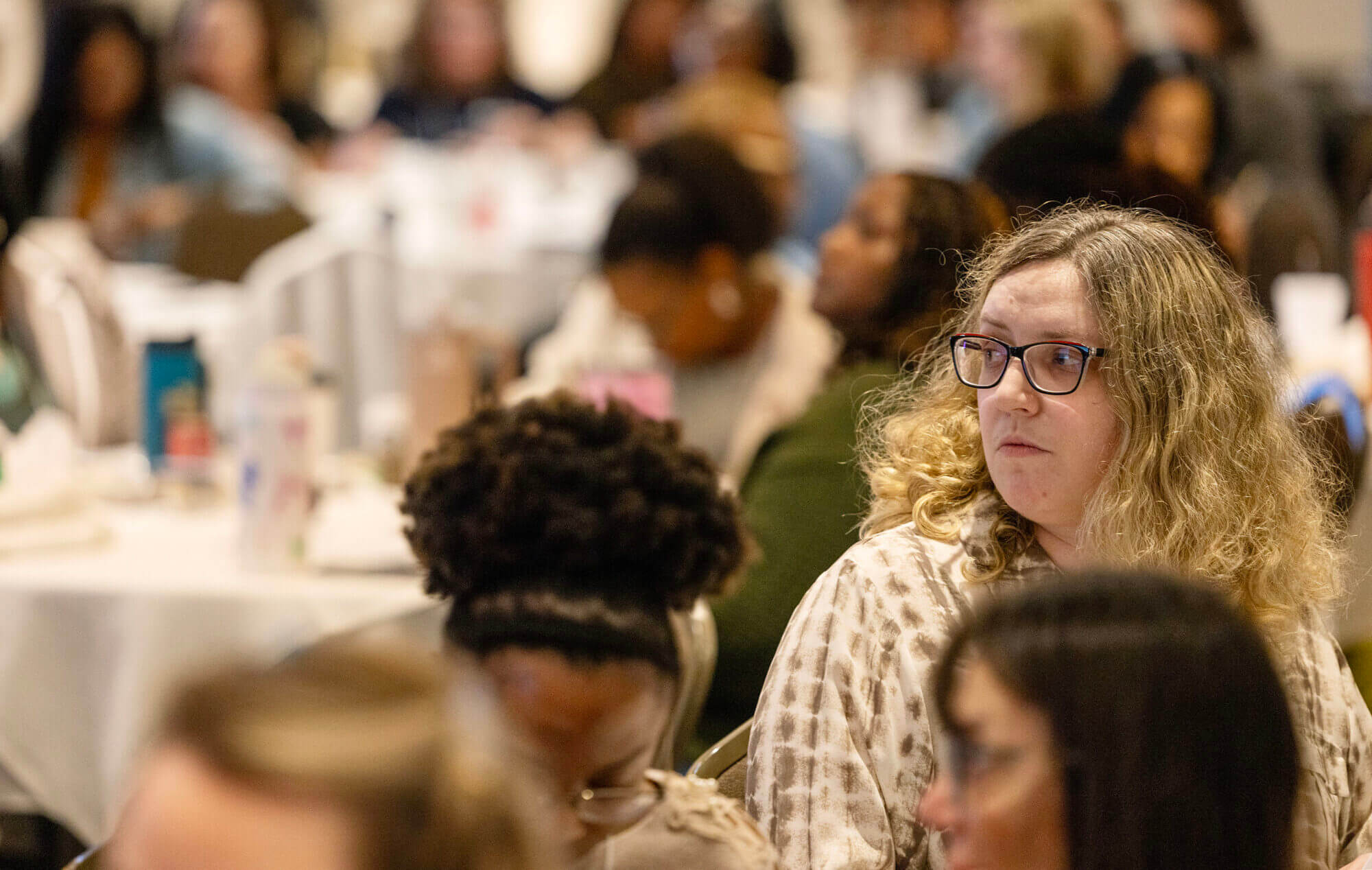
Scholarships were made possible because leaders from Mississippi Public Health Institute, a nonprofit that promotes wellbeing, and Champ4Moms, a referral service at the University of Mississippi Medical Center for providers who treat mothers, allocated funding from federal grants. Both groups’ grants came from the Health Resources and Services Administration.
Between 2019 and 2023, Mississippi had the highest rate of pregnancy-related death. The leading causes include mental health.
About 1 in 5 women suffers from postpartum depression – a number that is likely closer to 1 in 3 due to underreporting, said Paige Bellenbaum, a Postpartum Support International trainer based in New York.
And it’s not just postpartum depression. Perinatal mental health encompasses many conditions that arise during pregnancy all the way up through 12 months postpartum. If untreated, conditions can last well beyond that. Anxiety can be just as common as depression and can be crippling for new moms.
There’s also panic disorder and obsessive-compulsive disorder, not to mention preexisting conditions such as bipolar or post-traumatic stress disorder that become exacerbated or changed by the demands of motherhood.
Globally, about 1 in 3 women experiences some form of physical or sexual abuse, and PTSD from those experiences is often triggered by pregnancy and birth.
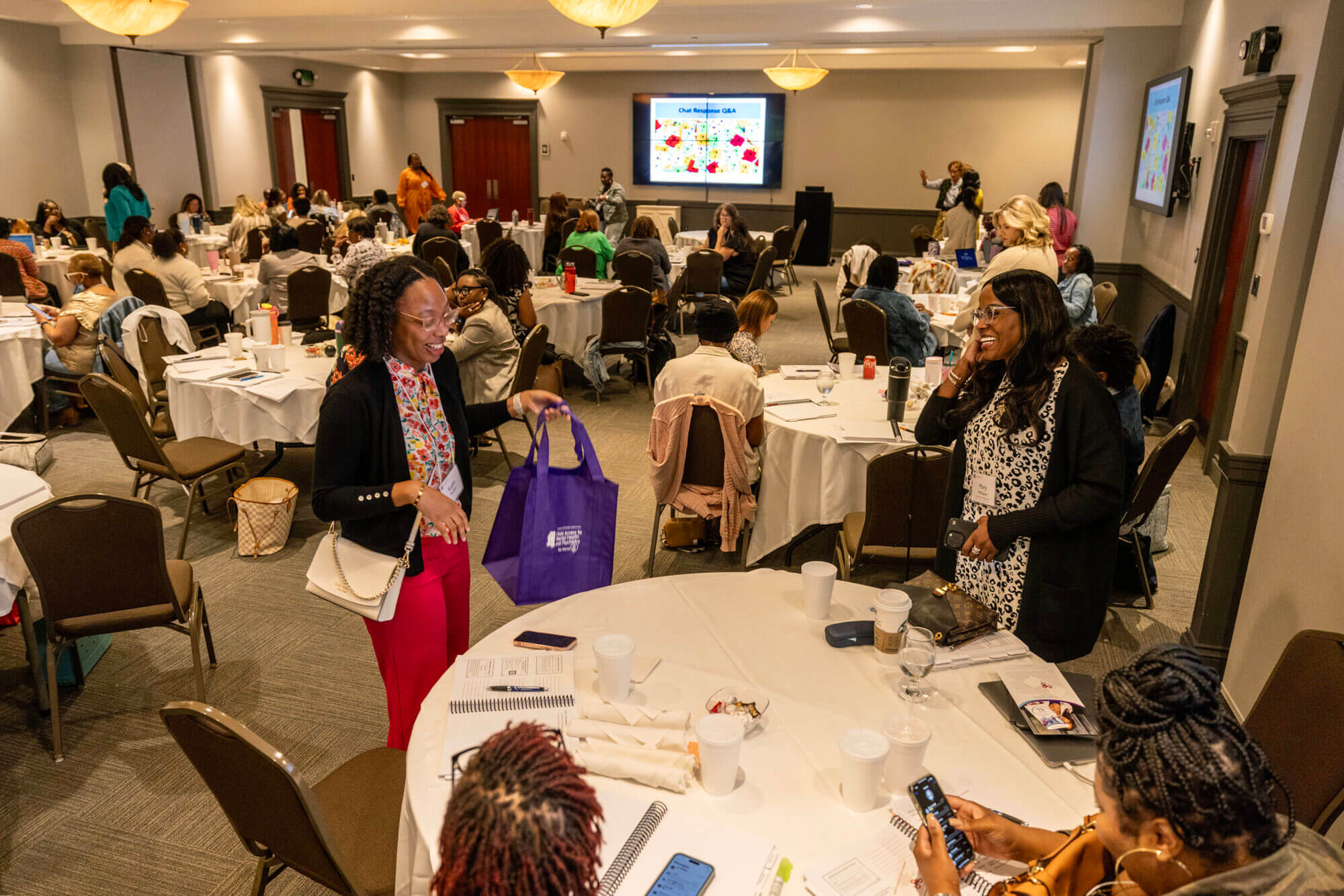
“I assume everyone has a history of trauma until proven otherwise,” said Birdie Gunyon Meyer, a registered nurse with a master’s degree in psychology and counseling who serves as the director of education and training at Postpartum Support International.
Panelists stressed the importance of having a diversity of providers trained in perinatal mental health, since new mothers see their obstetricians alarmingly infrequently for just a few minutes at a time.
It’s often unclear to doctors whether evaluating mothers for mental health conditions falls on them, speakers said. Having many professionals who encounter women throughout their pregnancy and postpartum period trained in perinatal mental health helps eliminate those misses.
The providers who are seen as less clinical may even have better luck getting patients to open up. And while they can’t diagnose or give medical advice, they can refer those patients to professionals who can.
“I think the reframe for our ally professionals is you might be able to get that ‘in’ before I do as a therapist,” said Patience Riley, a Georgia-based licensed professional counselor and trainer for Postpartum Support International. “People are going to tell you their stories before they tell me their stories. They feel more relaxed, they feel more comfortable, so use that to your advantage to then offer the referral to the therapist, to the prescriber, to the clinic.”
Attendees learned how not to make assumptions around pregnancy, childbirth and motherhood, such as: getting pregnant is easy or difficult, being pregnant means being in a loving relationship, a C-section is easy, strong women don’t need medication, being a mother is instinctual or breastfeeding will come naturally.
They also learned important distinctions such as the difference between the intrusive thoughts of harming one’s baby that are due to OCD and are very unlikely to occur, versus those due to psychosis which are more likely to occur.
Activities involved asking participants to recall a time they met someone who was using substances during pregnancy or motherhood to examine their biases and reflect on how to suspend judgment, as well as learning how to perform intake assessments and earn patients’ trust.
Providers who completed the training are eligible to take an exam at a Pearson testing center to gain internationally accredited certification through Postpartum Support International.
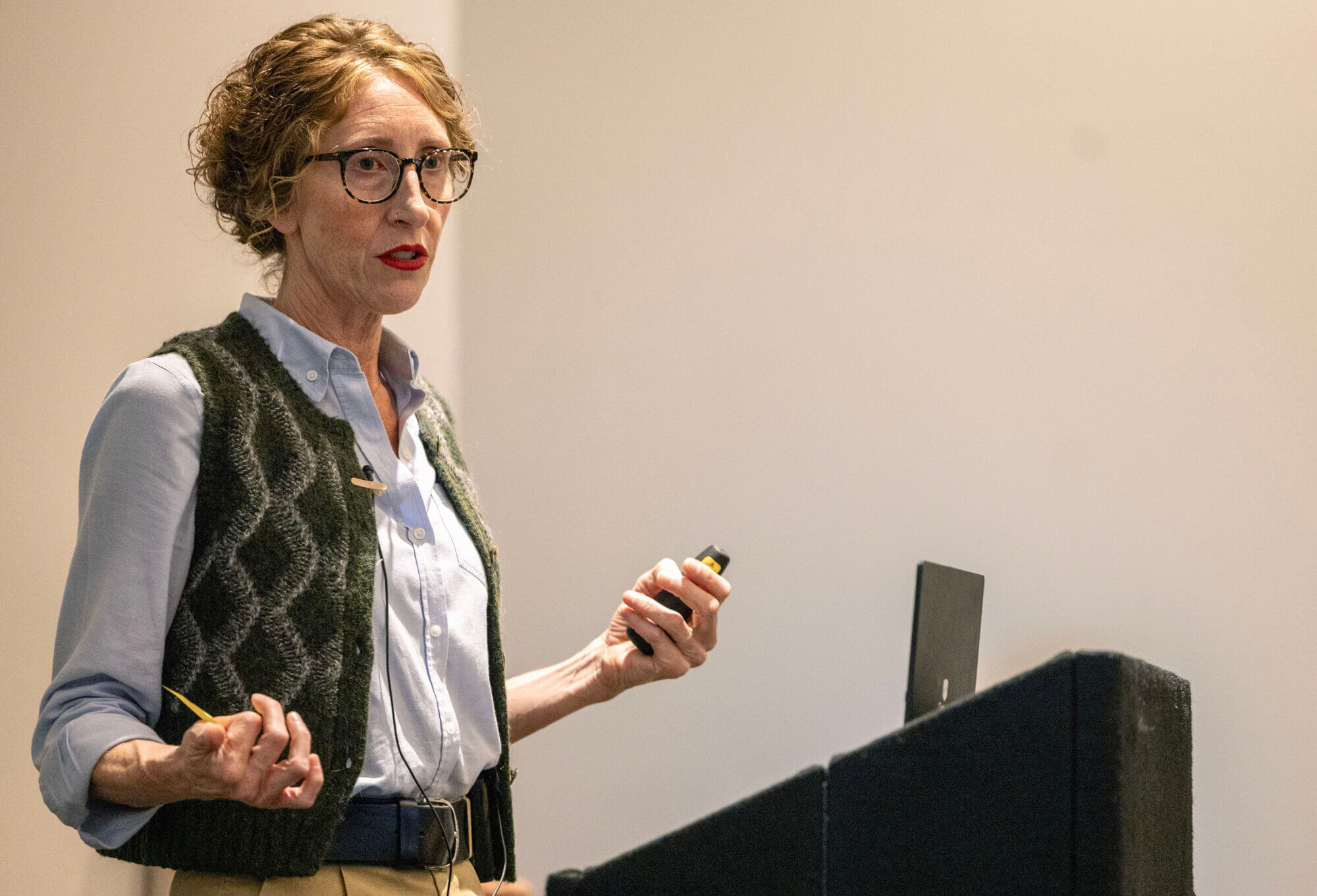
That certification helps assure parents that the provider has legitimate training, but trained providers who choose not to take the test will still help fill in gaps in care, the educators said.
“Motherhood today can be such a lonely and isolating experience just based on the composition of families and geography,” Bellenbaum said. “A long time ago we had cousins and aunties and grandmothers and moms around, to not only support baby but to support mom. And we just don’t have that community for a lot of families anymore.”
For moms, having a support group or working with a doula, an acupuncturist or another health care provider “can be a part of this fabric to help you through that transition,” she said.
- State fire marshal is investigating troubled Unit 29 at Parchman prison - February 26, 2026
- Mississippi’s Winter Storm Fern losses exceed $107 million, state insurance department says - February 26, 2026
- DNA evidence linked to a Greenville homicide is missing. Now the finger-pointing begins - February 26, 2026